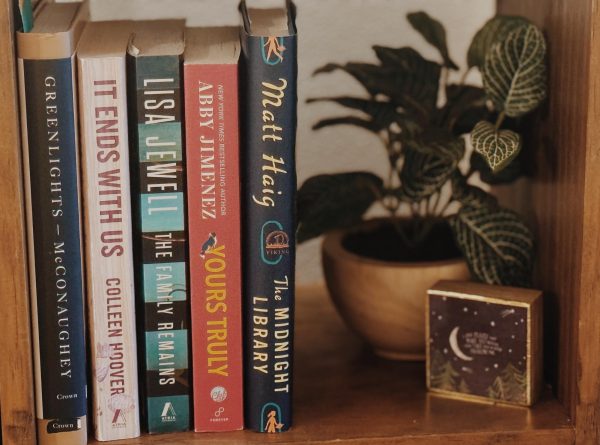Copying from inspiration
Recently, the estate of Marvin Gaye won a copyright infringement suit against Pharrell Williams and Robin Thicke that claimed Williams and Thicke stole from Gaye’s song “Got to Give it Up,” in their hit song “Blurred Lines.”Williams was ordered to pay Gaye’s estate $7.3 million.
The initial beats in the song sound uncannily similar, but, many have argued this is true of almost any pop song today.
Sure enough, there’s a discussion on Reddit that seeks to prove this.
The first post notes that the current number one on the charts, Mark Ronson’s “Uptown Funk,” sounds remarkably similar the The Time song “Jungle Love.” This discussion, while it doesn’t elaborate upon it, very clearly illustrates that all art — whether it’s music, books, movies, paintings or any other form of art — always rips something off.
Take, for example, J.K. Rowling’s Harry Potter series. It’s a blatant and unabashed rip off of Neil Gaiman’s 1990 miniseries “The Books of Magic” and its star Tim Hunter.
They both feature bespectacled young boys, who discover they have magical powers and receive a pet owl, and they both have to fulfill their role in a predestined prophecy to save the world.
That is not to say that Rowling even knew of “The Books of Magic,” because it can probably be assumed she didn’t as the books didn’t, sell well due to poor marketing and a demand from the publisher, DC comics, to incorporate other DC characters into the story.
That is rendered almost unimportant, however, when you realize the main idea behind Gaiman’s story was taken from J.R.R. Tolkien’s “The Lord of the Rings.”
Once again, we have a character who is tasked with saving the world from a dark force bent on destroying it and the same goes for every fantasy novel in between.
Yes, there are more direct ripoffs, like the mockbusters produced by The Asylum. Movies like “Transmorphers,” or “Snakes on a Train,” that use deceptively similar titles that, intentionally or not, confuse buyers. However, almost all art is subtly — and sometimes not so subtly — influenced by other art.
That’s why this decision in the Gaye case is so troubling; it ignores the fact that people unintentionally copy work all the time. Books, songs, movies, plays, paintings, hundreds of them copy other works without the artists even having a clue.
A friend of mine is taking a film class at Minnesota State University Moorhead, and in the class they were watching short films that they had made. His short film was about a lamp that got brought back to someone’s house, the lamps owners then decide to get a new lamp, and they through out the old one. To those who are familiar with it, this is exactly the same as a 2007 Ikea commercial.
After watching the short film, I remembered the commercial, and indeed it was uncanny in its similarities.
While I’m sure my friend didn’t intend to copy the commercial, it had ingrained itself in his mind, and while he was brainstorming, he believed he had come up with a cool way to make you sympathize with an inanimate object.
I imagine the feeling was similar for Pharrell Williams when he was writing “Blurred Lines,” and came up with a really cool beat.
Alex Bertsch is the Opinion Editor for The Dakota Student. He can be reached at [email protected].











